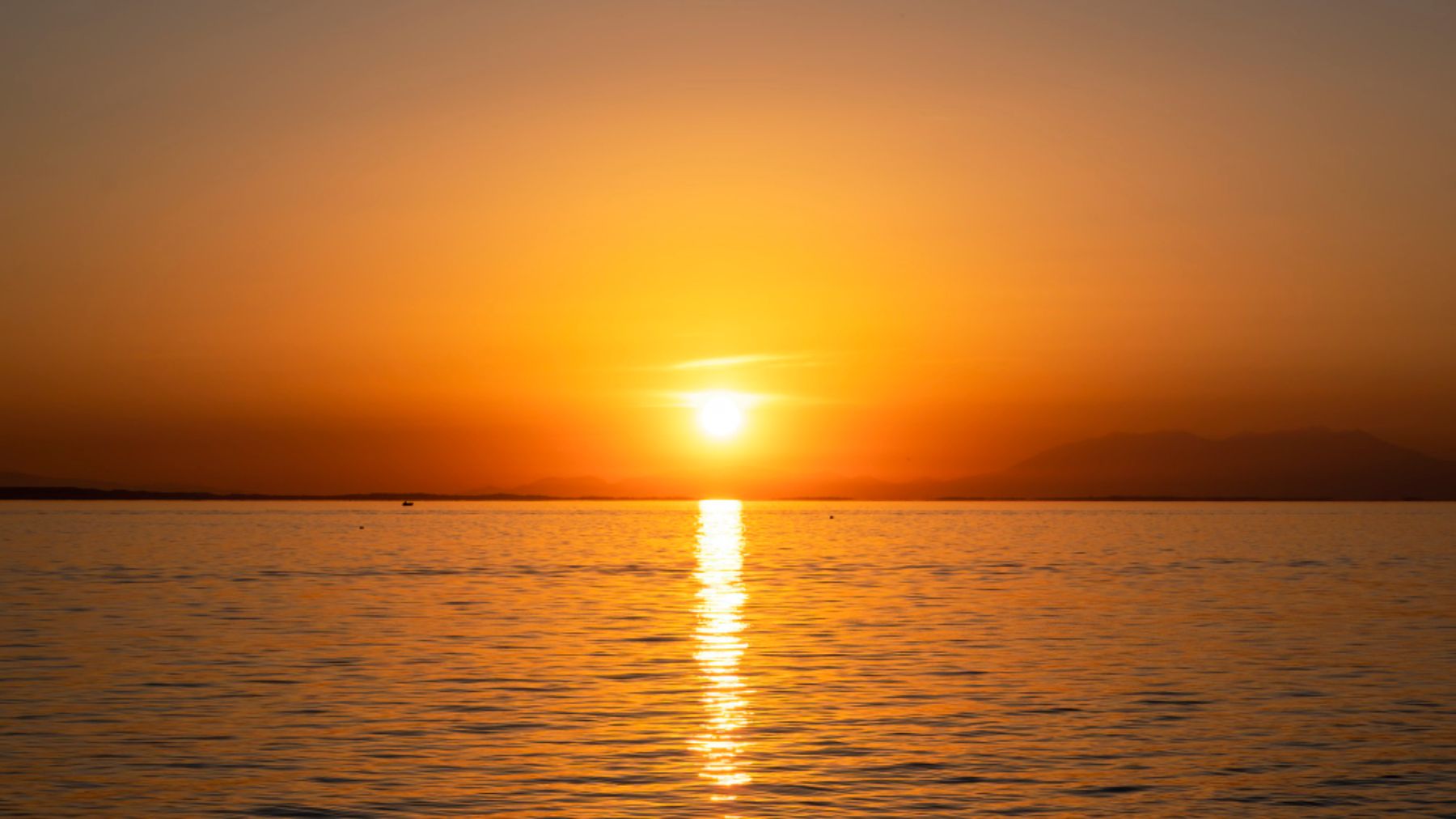Aristotle Valaoritis is a renowned Greek national poet. He was born in Lefkada in 1824, the son of a wealthy merchant from Epirus. Valaoritis completed his school education in Lefkada and Corfu, where he studied at the Ionian Academy. Afterward, he continued his studies in Italy and Switzerland and finished Law School in Paris in 1848. However, he never worked as a lawyer, as he was devoted to his poetry and spent an important part of his life on the small island of Madouri.
Valaoritis brief political career
Valaoritis was also actively involved in politics after becoming a member of the parliament of the “Ionian State”, he supported the freedom of the Ionian Islands. Once the Ionian Islands united with Greece, he moved to Athens as a member of the Greek Parliament. His speeches, influenced by his poetic language, made his rhetorical skills exceptionally notable. But disappointed with the political affairs of Greece, he withdrew to the island of Madouri, where he dedicated his time to writing poems and historical studies.
Valaoaritis poetic collection
Valaoritis published his first poetry collection in 1847 while he was a student, and in 1857, he published the poetry collection entitled “Mnemosina” about the heroes who died in battles. Valaoritis was known for his descriptive imagery, patriotic passion, love for his country, and admiration for the bravery of the thieves, armatoli, and Souliotes who liberated Greece from foreign occupation in 1821.
Valaoritis was regarded as a national poet because he praised the radical Greeks with heroic characteristics. Valaoritis was one of the most important figures of Greek literature in the 19th century. Using simple colloquial language he wrote many poems regarding the Greek War of Independence. Some of his most important works are Stichourgimata, Mnemosina, Kira Frosini, Athanasios Diakos, O Fotinos, and Astrapogiannos. In 1859, he published his great poem, “Kyra Frosyni” inspired by the drowning of the Epirotian woman Frosyni, who refused the love of Ali Pasha.The poetic works “Athanassios Diakos and Astrapogiannos” followed in 1867, are characterized by less lyricism and more maturity, without missing national idealism. Unfortunately, Aristotle Valaoritis did not finish his last work, Foteinos, as he died in 1879. Foteinos is a most famous unfinished poem attributed to the revolution against the Venetian (Italian) occupation. “Foteinos” was written in 1879 and published in 1891. The poet did not have time to complete this last collection, but it is the most mature poem of Valaoritis. Valaoritis combines epic and drama, romance and realism, and historical and political awareness about the constant struggle of Greece against conquest and alienation. Valaoritis wrote this poem on the privately owned isle of Madouri.
What inspired the poet?
History and the historical figures of the 1821 revolution were his inspiration. His material does not relate to his personal life or the contemporary society of Lefkada. His inspiration derived from the revolutionary and pre-revolutionary eras and the struggles of the heroes.
Valaoritis always wrote his poems in simple Greek because he believed deeper meanings are easier to express and appreciate when written in colloquial language.Valaoritis’ distinction was due to the vernacular language that attracted many audiences but was also appropriate for the philosophy and expression of his various heroes, the passion and greatness with which he visualized his heroes. Valaoritis was considered the most authentic poetic advocate of the Great Idea.
Fate showed no pity for his family
At the age of 27, he married the daughter of the Venetian scholar Emilios Typaldos, Eloisa. They had seven children together. Unfortunately, the three daughters died young, while one of his two sons, Emilios, also died young in 1882, three years after the Valaoriti’s death on July 24, 1879.
A well-deserved praise
Valaoritis is one of the first poets to present ethnographic features in Greek literature. He rightfully deserved the title of the national poet because he exclusively drew his material from Greek history. Historical events were the core of his poetic inspiration. His poems are both romantic and patriotic.
A glimpse of his private paradise
Valaoritis lived in a magnificent mansion and spent many years on the small island of Madouri, opposite Nidri, also known as the “Island of Valaoritis” because it belongs to the Valaoritis family. When you visit Lefkada, you can enjoy a boat tour and admire, from a distance, his imposing mansion on Madouri Island near Scorpio Island.





